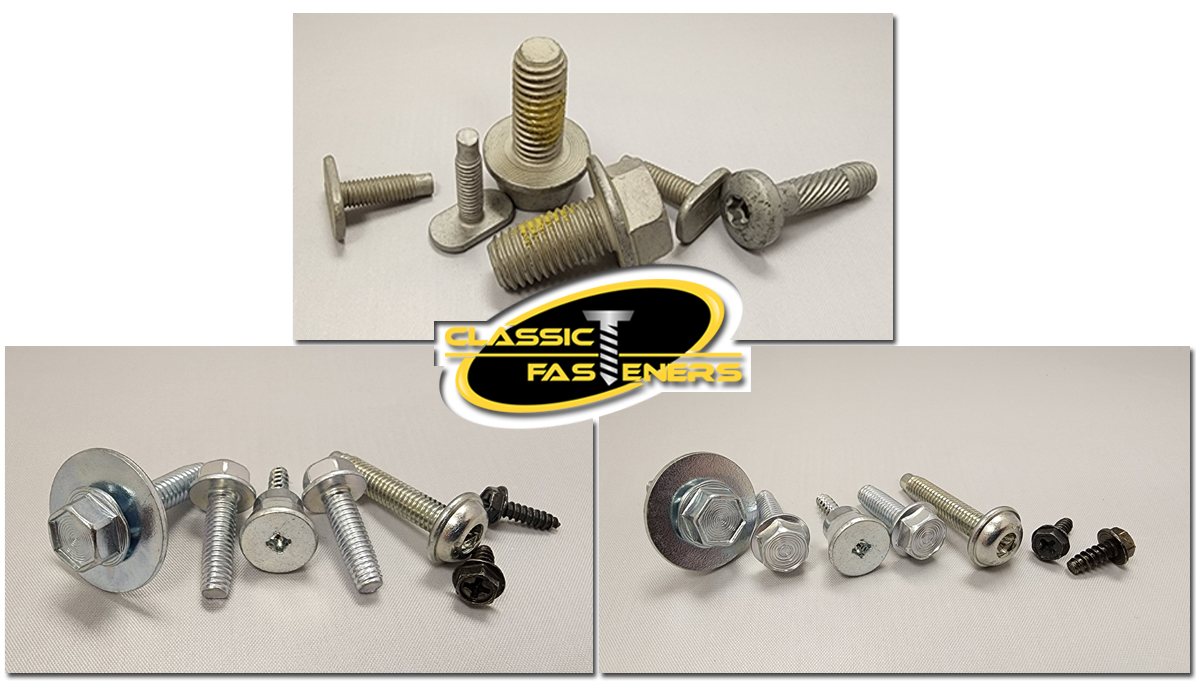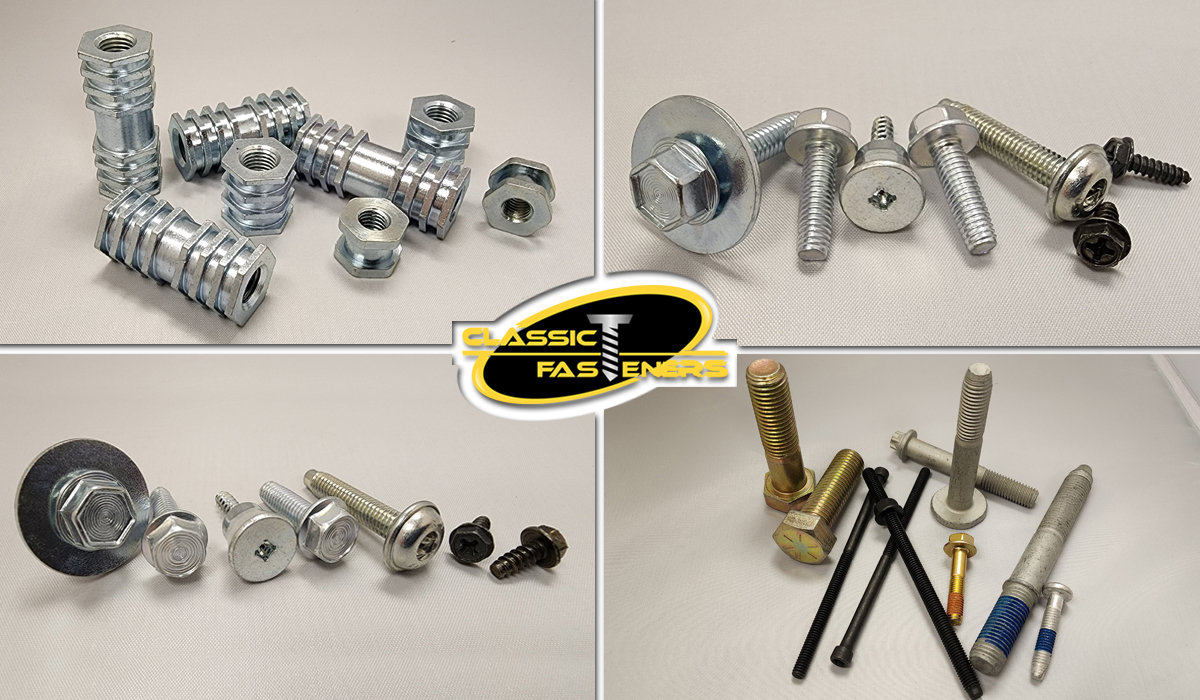
Understanding Fastener Grades: A Key To Safety And Performance
Fastener Grades: A Key To Safety And Performance
When it comes to the world of fasteners, there’s no name more trusted than Classic Fasteners LLC. With a legacy spanning over three decades, we’ve been the cornerstone for countless projects, ensuring they stand the test of time. Our certifications serve as proof of our unmatched commitment to quality. Whether browsing our diverse types of fasteners or seeking insights from our FAQs, know that you’re in the hands of industry leaders. Need guidance? Don’t hesitate to contact us, or call us directly at (630) 292-3174.
Introduction: The Importance Of Fastener Grades
WHen navigating the world of manufacturing, one quickly realizes the pivotal role of fasteners. These seemingly small components hold together massive structures, machinery, and everyday items. But not all fasteners are created equal. The grade of a pin determines its strength, durability, and application. Ensuring a suitable quality for the job is not just a matter of performance but also of safety.
Decoding Fastener Grades: What Do They Mean?
Every Fastener Grade represents specific properties, including tensile strength, yield strength, and material composition. These grades are standardized, ensuring that a Grade 5 bolt from one manufacturer will have the same properties as a Grade 5 bolt from another. Recognizing and understanding these grades is crucial for anyone involved in construction, manufacturing, or any industry that relies on fasteners.
Diving Deep Into Bolt Grades
Bolt grades are the most commonly encountered in the industry. Understanding the distinctions is vital, from the sturdy Grade 2, often used in everyday applications, to the robust Grade 8, designed for high-stress environments. For instance, while a Grade 2 bolt might be perfect for assembling a bookshelf, a vehicle’s suspension system would demand the strength of a Grade 8.

The Specifics Of Nut Grades
Just as bolts have their grading system, so do nuts. Nut grades are designed to complement their bolt counterparts. Pairing a high-grade bolt with a lower-grade nut, or vice versa, can lead to failure. For instance, a Grade 8 nut is designed to match the strength and threading of a Grade 8 bolt, ensuring optimal performance and safety.
Unraveling Screw Grades And Their Implications
Screw grades might seem similar to bolt grades but serve different purposes. While bolts are typically used with nuts to clamp parts together, screws are often used to fasten materials without a nut. Different screw grades denote the screw’s material, tensile strength, and ideal application. For instance, a stainless steel screw might be perfect for outdoor applications due to its resistance to rust.
The Role Of Washer Grades In Fastening
Washers, though small, play a crucial role in distributing the load of a bolt or screw. Washer grades indicate the washer’s material and hardness. A properly graded washer can prevent the fastener’s head from embedding into the material, ensuring a secure fit and prolonging the life of the fastener and the material it’s fastened to.
Conclusion: Making Informed Choices With Fastener Grades
In the intricate dance of construction and manufacturing, every component plays its part, no matter how small. Fasteners, the unsung heroes of countless projects, are no exception. By understanding and choosing suitable fastener grades, professionals ensure the longevity and performance of their projects and the safety of all involved.
In the realm of fasteners, knowledge and quality are paramount. That’s why top-tier companies and discerning professionals turn to Classic Fasteners LLC. Our track record speaks for itself, with our clients ranging from industry giants to local craftsmen. Why do they choose us? We’re not just suppliers; we’re partners. Dive deeper into what sets us apart here. Ready to elevate your projects with the best in the business? Reach out here or dial (630) 292-3174 for a direct conversation.
